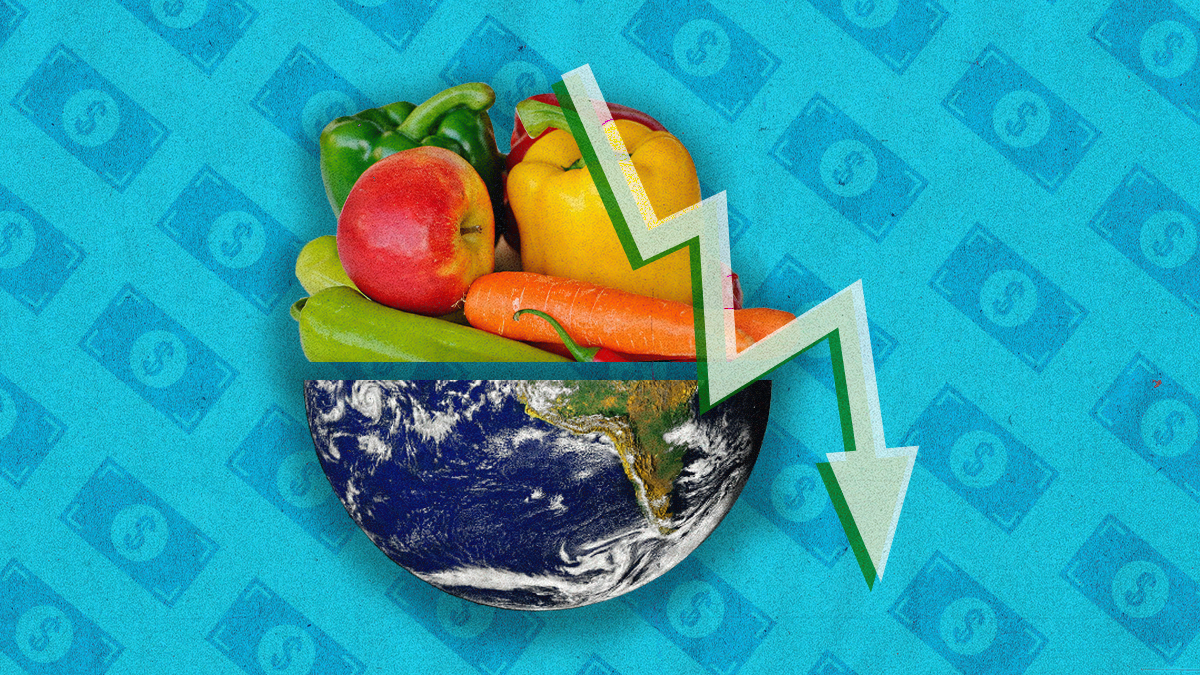Hard Numbers: More good food news, runaway Argentine inflation, Ivorian pardon, Bangladesh fuel price hike
170,000: Four more ships carrying almost 170,000 metric tons of grain left Ukraine's Black Sea ports on Sunday, the same day the first foreign-flagged vessel arrived there since the Russian invasion in February. More welcome news for mitigating the global food crisis, although it'll take months to reach pre-war export levels.
90.2: Analysts now predict that Argentina's inflation will reach a whopping 90.2% this year, 16.2 percentage points higher than the previous estimate. Getting inflation under control is priority no. 1 for Sergio Massa, the newly minted "super minister" in charge of saving the economy.
20: Ivory Coast President Alassane Ouattara pardoned his predecessor Laurent Gbagbo, sentenced in 2018 to 20 years in prison for stoking political turmoil that led to a brief civil war in 2011. Gbagbo returned from exile a year ago after the ICC acquitted him of war crimes during the same period.
50: Bangladesh has raised the price of fuel by 50%, its largest-ever hike. The government needs to cut back on subsidies in order to get a big IMF loan, but the move is already triggering mass protests and will likely result in higher inflation.